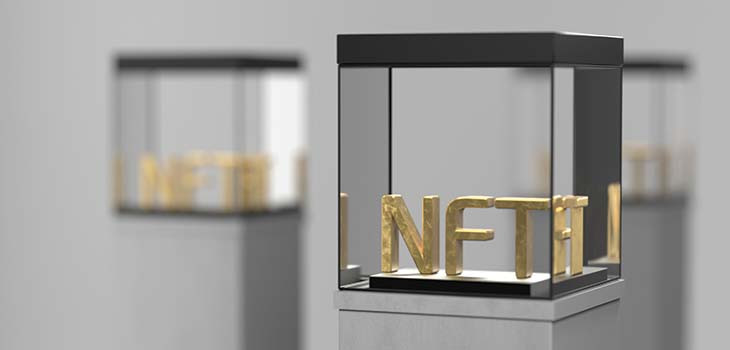
- In March, the High Court recognised for the first time that non-fungible tokens (NFTs) constitute property and are therefore capable of being the subject of an injunction.
- There are many implications of this landmark ruling, including that it empowers NFT holders to seek recourse from the courts where NFTs have been unlawfully removed, and suggests that NFTs are taxable and can be held on trust etc.
Non-fungible tokens (NFTs) are often ridiculed as valueless digital images of apes, capable of being downloaded by anyone at the click of a mouse. The unprecedented acceleration in the demand for NFTs in 2021, as captured in the recently published The Art Market 2022 Report by Art Basel and UBS, is equally disregarded as a short-lived ‘fad’. But what of these criticisms if NFTs constituted legal property?
On 10 March of this year, Pelling









